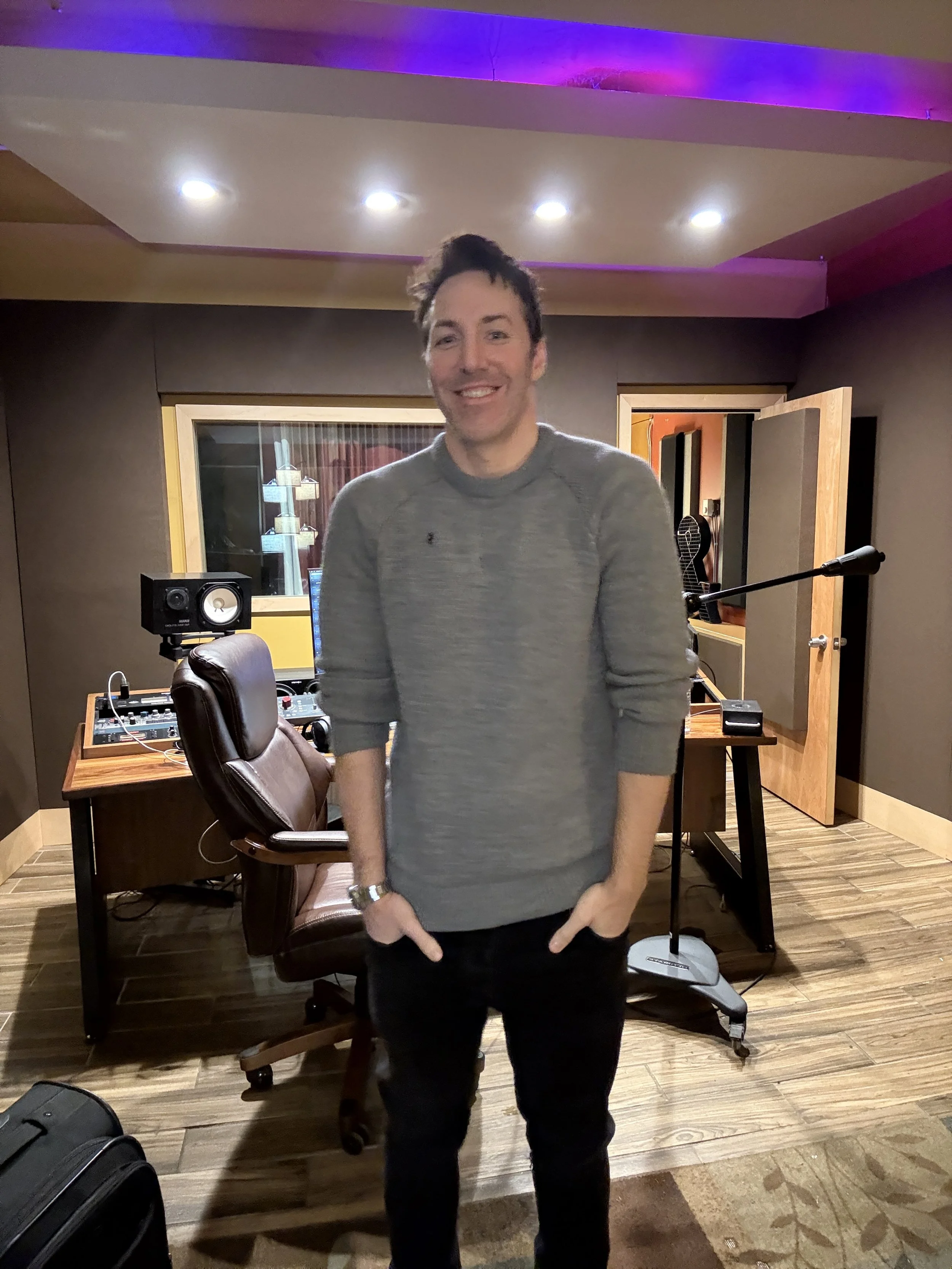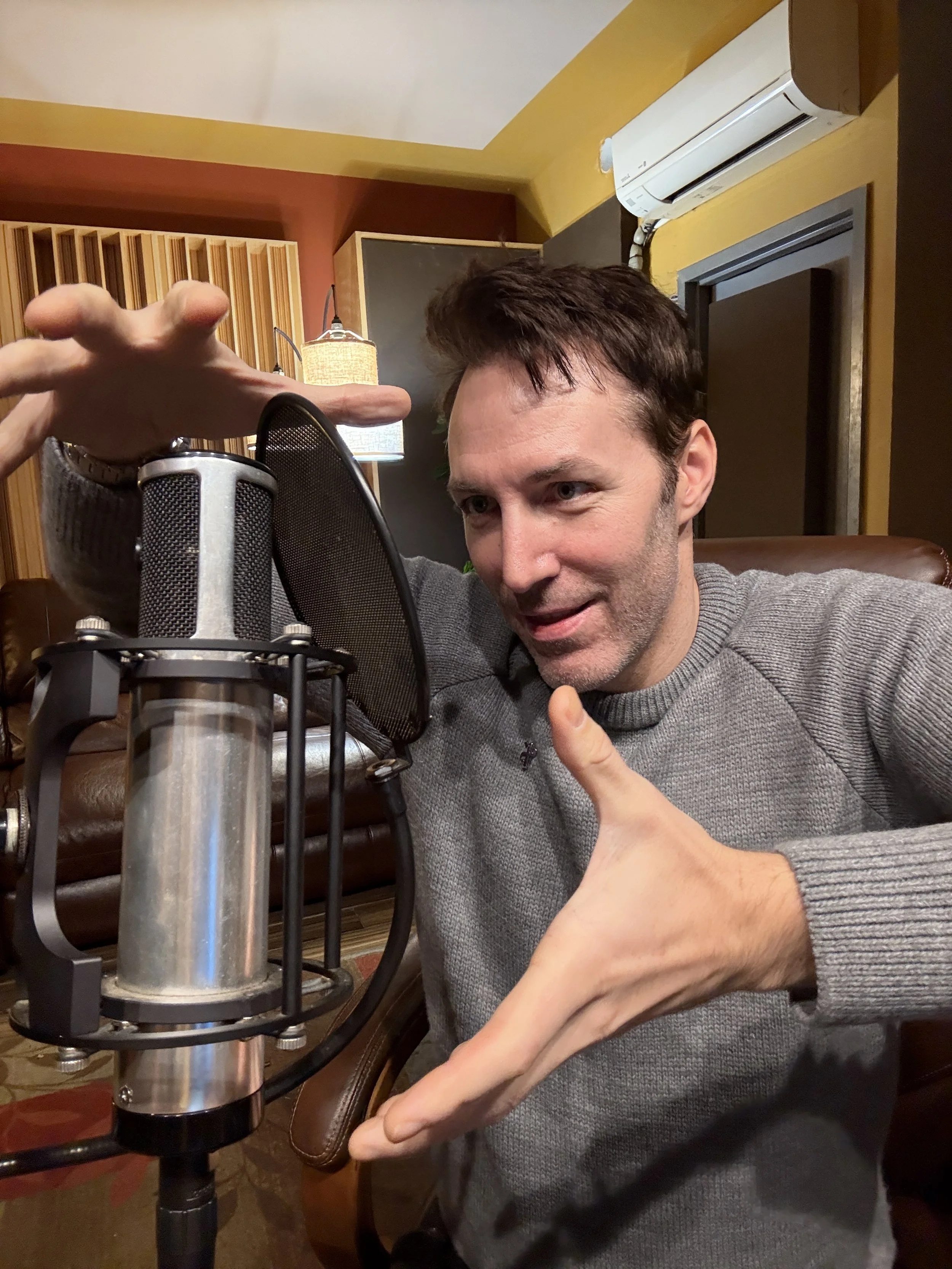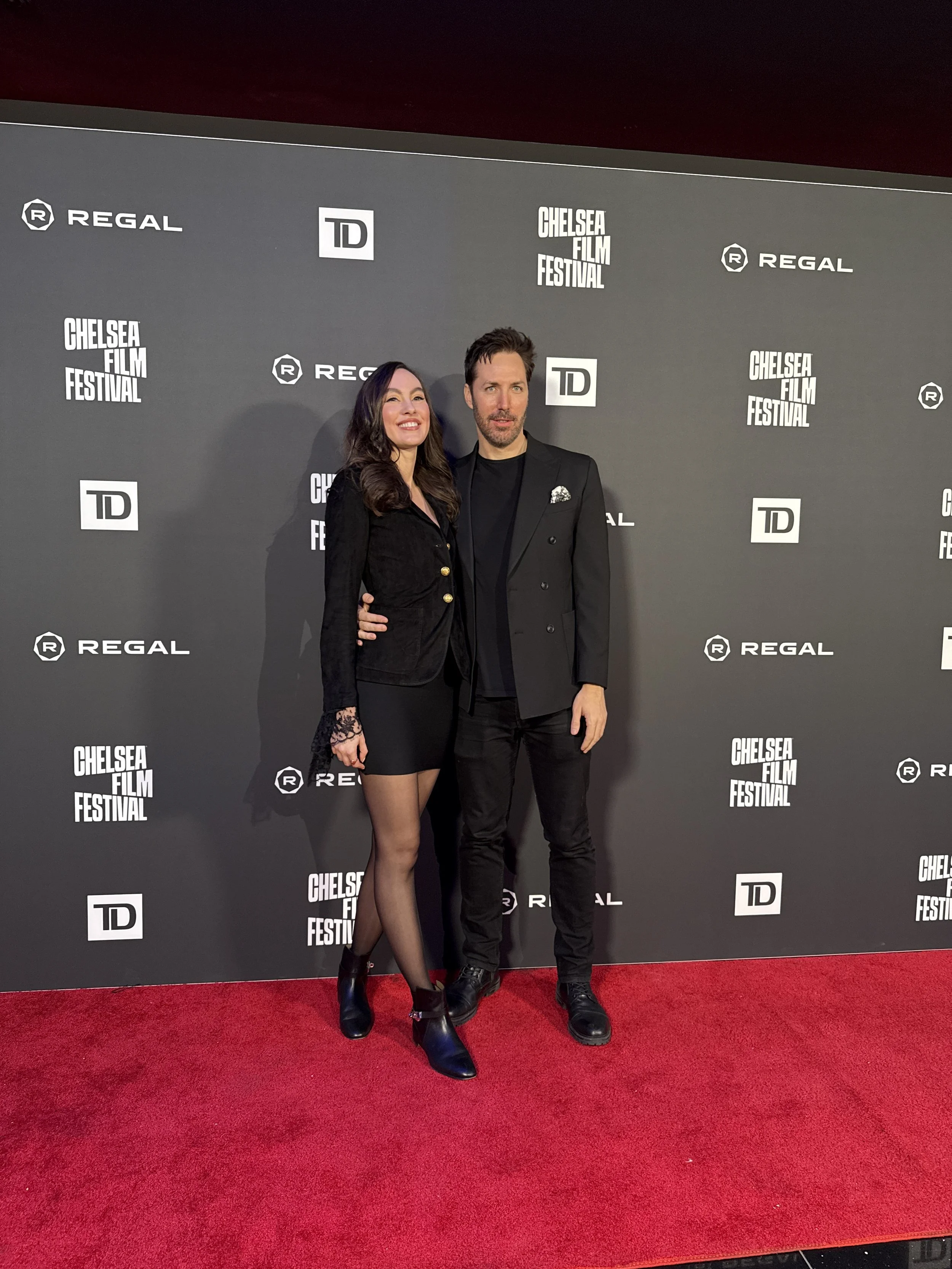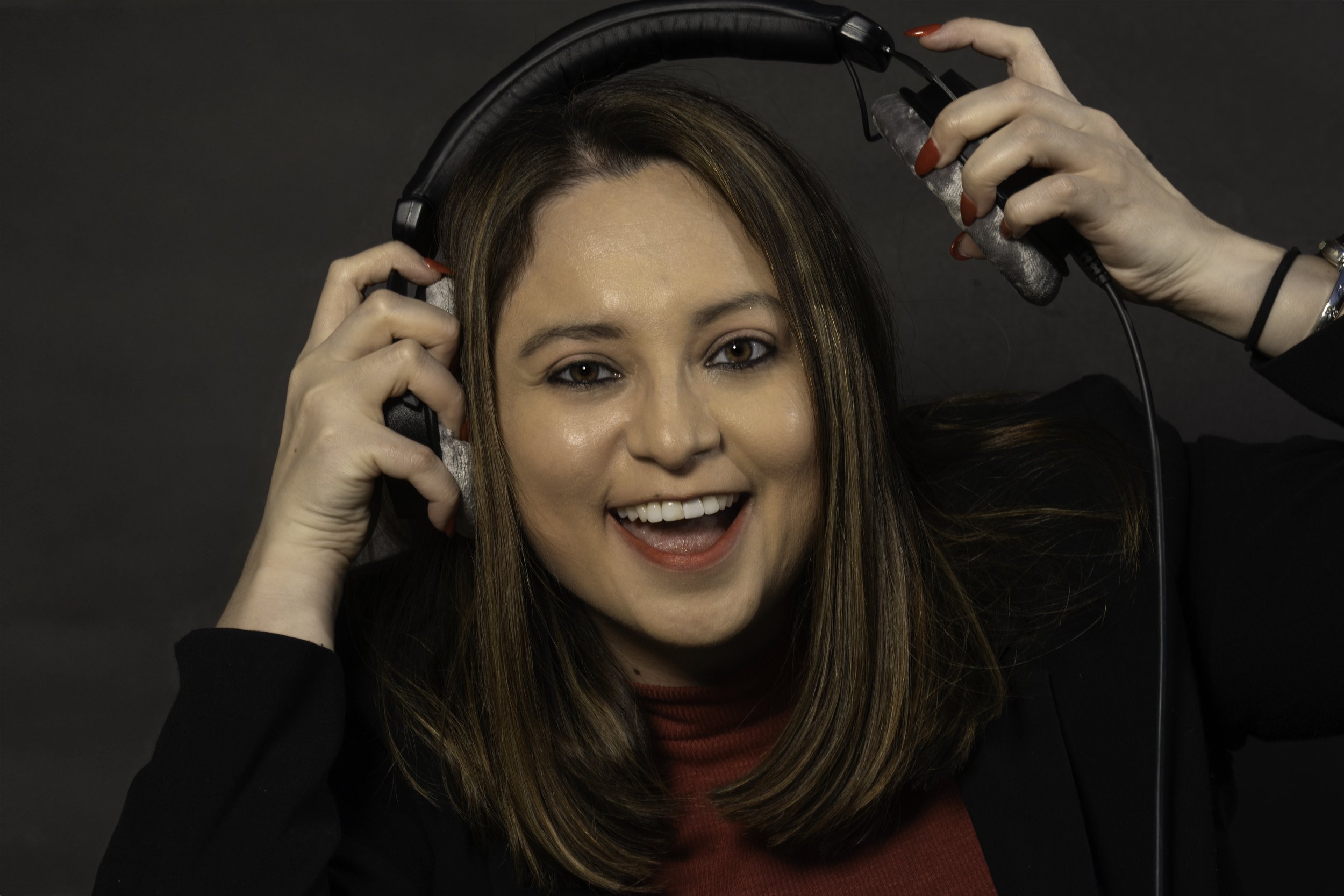Breaking into commercial voice over work is one of the fastest ways to start earning as a voice actor, but competition is fierce. Clients and casting directors often listen to dozens, sometimes hundreds, of auditions for every commercial spot. To stand out, you need more than just a great voice. You need targeted voice over coaching designed specifically for commercial auditions.
Whether you’re brand new to voice acting or refining your existing skills, working with a professional coach can make the difference between getting passed over and getting hired. Let’s explore why commercial-specific training matters, what to expect from a session, and how it can help you book more work.
Why Commercial Voice Over is So Competitive
Commercials are everywhere: radio, television, streaming platforms, podcasts, and social media. Brands rely on voice over talent to connect with their audience and sell a product, service, or idea.
The challenge is that many talented voice actors are chasing the same jobs. To stand out, your commercial read needs to sound:
Authentic
Conversational
Emotionally engaging
On-brand for the product or service
Professionally recorded
Commercial voice over styles have shifted. Today, clients want real, relatable voices rather than the overly polished “announcer” tones of the past. The right coaching helps you adapt to modern voice over trends and master the nuances of natural, engaging delivery.
How Commercial Voice Over Coaching Helps You Succeed
If you’ve ever submitted auditions and heard nothing back, you’re not alone. Many voice actors miss the mark simply because they lack industry-specific coaching.
Professional commercial voice over coaching helps you:
✅ Break down scripts and understand the brand’s message
✅ Nail tone, pacing, and energy based on audition specs
✅ Spot subtle cues clients listen for (and common red flags)
✅ Develop range for different commercial styles (friendly, urgent, luxury, conversational, etc.)
✅ Practice under real audition conditions with expert feedback
A great coach gives you personalized direction, corrects small mistakes before they become habits, and shows you how to confidently interpret copy—all of which dramatically increase your chances of booking more voice over jobs.
At VoiceShopCoaching.com many of the coaches are also casting professionals, giving you insider insight straight from the people who decide who gets hired.
What to Expect From a Great Commercial Coaching Session
Not all coaching is the same. High-quality voice over training programs or private sessions usually include:
Live, interactive feedback
Real-world commercial scripts
Guidance on current market trends (what clients are booking right now)
Recording playback with critique
Homework or follow-up exercises
If you’re new to voice over training, consider starting with a structured program like the Fundamentals of Voice Over at VoiceShopCoaching.com. Once you’ve mastered the basics, you can move on to private sessions that focus on commercial reads and audition prep.
Already have experience? One-on-one coaching tailored to your demo reel or specific casting goals can sharpen your competitive edge and help you land higher-paying commercial work.
Pro Tip: Your Demo and Auditions Go Hand-in-Hand
Many clients request demos before offering audition opportunities. Investing in commercial coaching not only improves your live auditions, it also helps you record a polished, marketable voice over demo that showcases your strengths.
At VoiceShopCoaching.com, demo production is often paired with coaching so your materials highlight your best performance and boost your chances of getting booked.
Final Thoughts
In today’s competitive landscape, talent alone isn’t enough to consistently book commercial voice over work. Voice over coaching for commercial auditions helps you refine your delivery, understand client expectations, and develop the authentic, engaging reads that get results.
With the right coaching, every audition becomes an opportunity to impress and land the jobs you want.
Ready to level up your commercial voice over career? Explore professional coaching options at VoiceShopCoaching.com and start standing out in every audition.
































